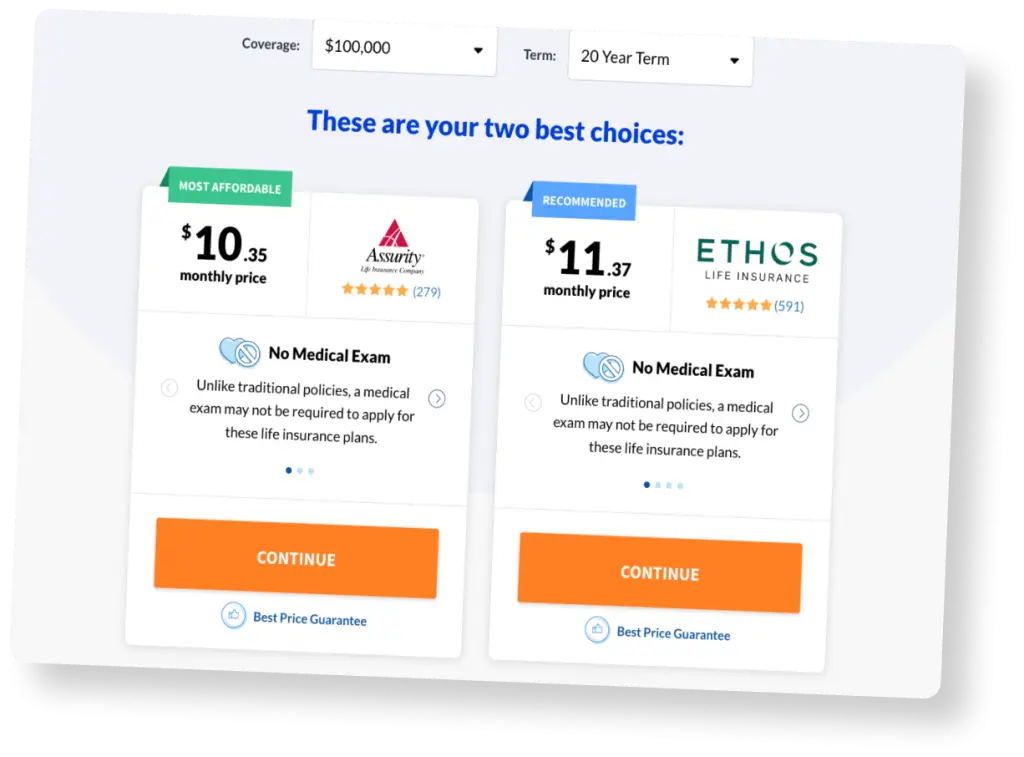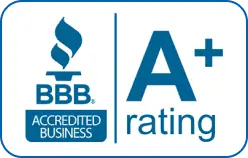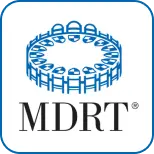Business owner life insurance policies have long been a valuable tool for which small and large businesses use to reduce risk and to provide the basic financial foundation for continued success.
Most business owners recognize the importance of life insurance and use it to solve many of the problems associated with maintaining and growing a successful company. Some common uses of business owner life insurance include:
- key man life insurance protection
- security for loans
- buy-sell agreement funding
- asset accumulation and estate planning
How Business Owner Life Insurance Plans Work, In General
With many small businesses the key man or key employee in the business is the business owner.
In these cases, key man life insurance can be purchased on the life of the business owner to protect the company in the event that he/she unexpectedly passes away. With key man insurance, the business owns the insurance policy and pays the premiums and is also the beneficiary.
If the business owner dies, the business receives the policy proceeds and can use the funds to hire a capable replacement, pay off debts or simply use the funds to buy time until the businesses assets can be liquidated and the business can be closed.
In any event, key man life insurance on the business owner can provide much needed stability if there is a sudden and unforeseen death.
trusted by 5,000+ clients
Compare Life insurance Rates
See rates and benefits tailored to your business needs.
Life Insurance as Loan Collateral
Loans are crucial to the expansion and growth of small businesses. Whether your business is acquiring funds from a local bank, the SBA or a private lender, many of these institutions will require life insurance on the business owner(s) as security for the loan.
In most cases, inexpensive term life insurance policies that offer guaranteed level rates for the duration of the loan can be purchased to satisfy this requirement. When buying life insurance to secure a loan, the company pays the premiums, owns the policy and is the named beneficiary.
As soon as the key man policy is effective, a collateral assignment agreement can be signed by the business owner and the bank. The collateral assignment is a lien against the policy proceeds. In the event of the business owner’s death, the bank would have first rights to the policy proceeds in the amount of any outstanding loan balance due. The business would then receive any remaining proceeds.
Here’s an example of a collateral assignment, but every bank or lending institution as well as every insurance company has their own standard collateral assignment form.
Buy-Sell Agreement Funding and Life Insurance
A buy-sell agreement is a legally binding contract which states that at an owner or partner’s death, disability, retirement or otherwise separation from the company, the individual’s interest in the company must be sold back to the business or to the remaining owners at agreed upon terms.
These agreements are crucial for small and closely held companies, as in many cases, the death or disability of a business owner creates a significant financial burden on the business as well as the remaining partners.
To limit this potential risk, most buy-sell agreements are funded with life insurance and or disability insurance policies. Depending on the type of buy-sell agreement, the business itself or the individual partner(s) acquires a policy on each owner/partner so that at death or disability the funds needed to “buy out” the individual’s ownership interest are readily available.
Asset Accumulation for the Small Business Owner
Successful business owners use life insurance as an essential means to protect their businesses but they also use life insurance as a vehicle to accumulate cash and future retirement income. Life insurance policies offer a unique combination of death benefits and tax advantages available in no other financial product.
These advantages include tax deferred growth as well as the potential to access policy cash values without paying taxes via withdrawals and policy loans.
Additionally, in most states, cash value inside a life insurance policy is protected from creditors making it an especially effective tool for business owners to use to grow their assets.
Smart business owners use non-qualified executive benefit plans and other arrangements that use life insurance to provide tax managed benefits for themselves and their partners. In many cases, these individuals earn levels of income that allows them to easily exceed the contributions limits under a 401(k) plan or other qualified retirement plan. Properly structured life insurance becomes a legitimate option to grow wealth. There are many policy choices available including traditional whole life insurance as well as variable and equity indexed universal life policies.
The type of life insurance policy to use depends on the desired objectives of the business or business owner.
Estate Planning for Business Owners
In many cases, the majority of a business owner’s estate is tied up in the value of the business. Without an effective estate plan, including a business succession plan, the business may have to close or be liquidated to pay estate taxes. With the proper use of life insurance, a business owner can provide the liquidity needed to pay any estate taxes due at his or her death.
For example, an irrevocable life insurance trust (ILIT) can be established for the purposes of owning a life insurance policy on the life of the business owner (or business owners if married). The trustee of the trust is usually the intended beneficiary. At the owner’s death, the policy proceeds are payable to the trust which can then, at the direction of the trustee, be used to pay any applicable estate taxes.¹
¹The above example is for illustrative purposes only. Under no circumstances is MEG Financial intending to provide tax advice. Please consult your CPA or tax advisor for specific tax strategies that might fit your circumstances.














